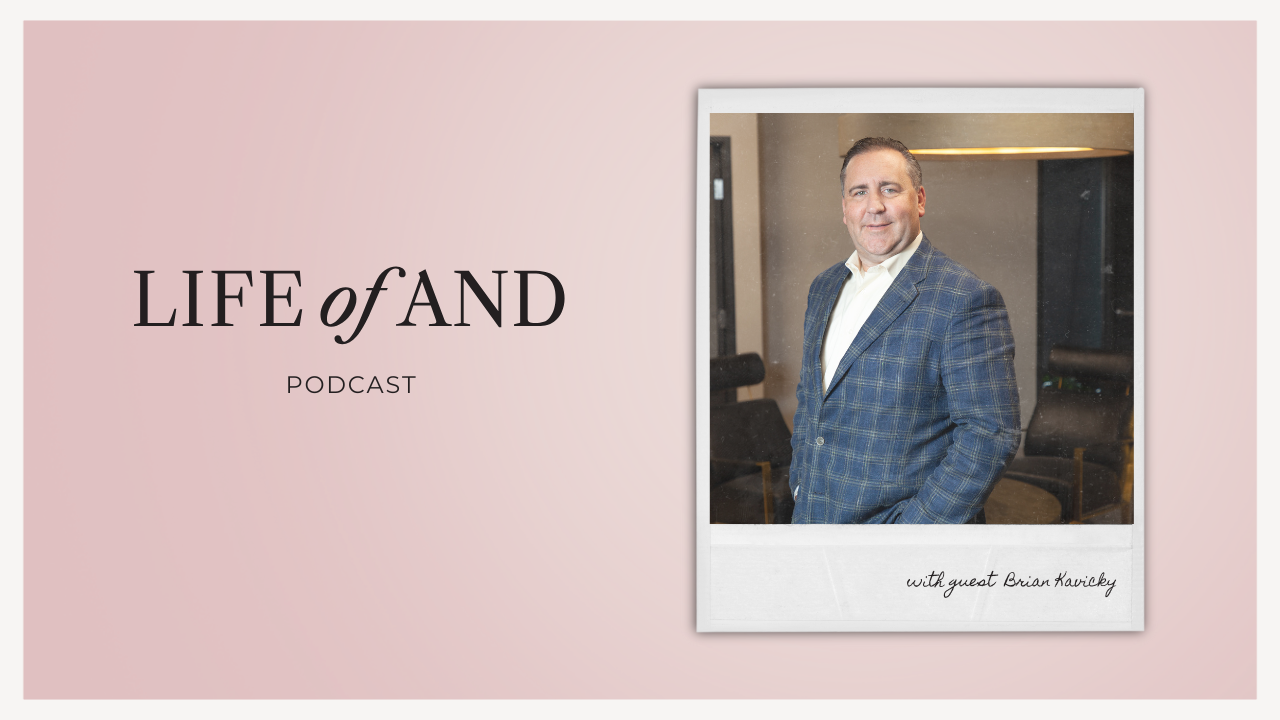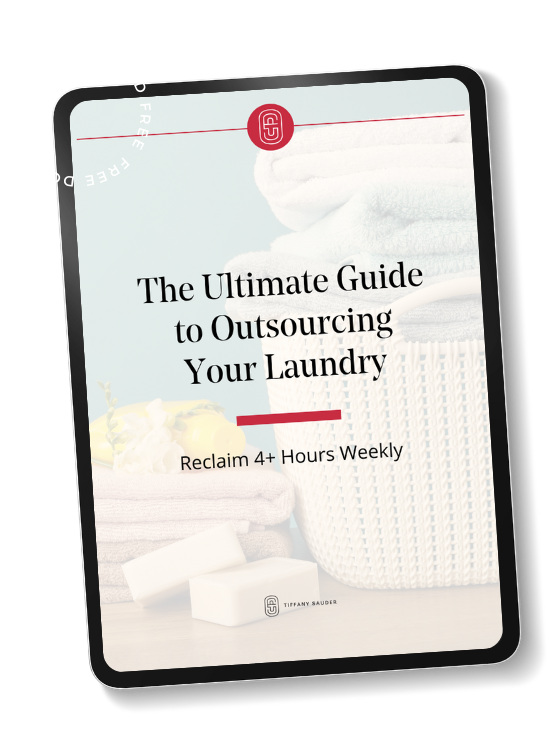286: Why You Need To Stop Apologizing

APPLE PODCASTS | YOUTUBE | SPOTIFY
Stop Saying “I’m Sorry”: How to Take Back Your Power and Communicate with Confidence
I almost started this post with an apology.
And then I stopped myself.
Because lately, I’ve realized something: I say “I’m sorry” way more than I should.
Not because I’m actually sorry—but because I’m uncomfortable. Because I’m late responding. Because I’m busy. Because I want to smooth something over.
But here’s the thing I’m learning:
Most of the time, “I’m sorry” isn’t about the other person.
It’s about me.
The Habit of Apologizing for Existing
In this season, I’m operating at what I call Level 10 Execution Mode. My Enneagram 3 energy is alive and well—everything in my system is firing at once. When I’m in this mode, if you’re inefficient, I will (lovingly) eat you like Pac-Man.
But in that hyper-productive space, I started to notice this reflex creeping in again—the urge to apologize for my choices.
“I’m sorry I didn’t get you that outline sooner.”
“I’m sorry it took me a few days to reply.”
“I’m sorry I’m running a little behind.”
None of these are moral failures. They’re just facts about how I’m prioritizing my time. Yet my instinct was to soften it—to take responsibility for someone else’s potential disappointment.
And that’s when I realized: apologizing for being busy, for being human, for being in motion—it’s not kindness. It’s control.
“I’m Sorry” Isn’t Polite—It’s Self-Protection
In this episode, I talked with my longtime coach and friend, Brian Kavicky of Lushin, about where this habit comes from.
He said something that stopped me in my tracks:
“Most of the time, ‘I’m sorry’ is a mechanism of self-protection. It’s not for the other person—it’s for you.”
Oof.
He’s right. When I say “I’m sorry” to avoid criticism, I’m not actually being polite. I’m managing someone else’s perception of me. It’s a subtle form of manipulation—unintentional, sure—but it’s not genuine.
If I’m late, or slow to respond, or missed something, the honest statement is simple:
“Hey, I’m a little behind this week.”
That’s ownership.
That’s adulthood.
It doesn’t require guilt.
Say This Instead
If you catch yourself typing I’m sorry, pause. Try one of these instead:
-
“Thanks for your patience.” (Gratitude > guilt.)
-
“I appreciate your flexibility while I navigate this week.”
-
“Here’s where I’m at and what I can do next.”
Or sometimes… just say nothing. The apology doesn’t always need a replacement. Facts are enough.
And if you actually did something that hurt someone or violated your values? Then yes—say you’re sorry. Mean it. Own it. That’s integrity.
But when it’s about time, busyness, or imperfection? Skip the guilt.
Why Over-Apologizing Costs You Power
Every unnecessary “I’m sorry” chips away at your credibility.
When you lead with apology, you put yourself in a subservient position. You make the other person the authority, and you hand over your confidence.
You don’t need to apologize for asking a question.
You don’t need to apologize for following up.
You don’t need to apologize for your boundaries.
Be clear. Be factual. Be direct. That’s the posture of a peer, not a people-pleaser.
Oh—and About That “Cookbook”
Somewhere in all this, Brian and I also talked about my Life of And “cookbook”—a system I built to track the daily behaviors that align with my goals. It’s basically my accountability buddy on paper.
And guess what? I’ve been terrible at keeping up with it lately.
Not because I don’t care. Because life.
Brian reminded me: the cookbook’s job is to show me when I’m slipping, not to make me feel bad about it. Awareness is progress.
So instead of apologizing for the mess, I’m adjusting my system. Scheduling time for it. Moving forward.
Because “I’m sorry” doesn’t fix things—action does.
Coming Soon: Goal Setting for Real Life
Speaking of goals, Brian and I are planning to host a virtual goal-setting workshop later this fall. Not fluffy “make a vision board” stuff. Real talk about defining goals that align with your life, not just your work—and building systems that actually get you there.
If that sounds like something you need (because, same), DM me on LinkedIn or email [email protected]. We’ll keep you posted.
The Big Takeaway
Stop apologizing for your choices.
Own your time.
Say what’s true.
You don’t owe anyone guilt to earn your grace.
🎧 Listen to the full conversation with Brian Kavicky on the Life of And podcast to hear us unpack why “I’m sorry” robs your confidence—and how to replace it with clarity, ownership, and action.








